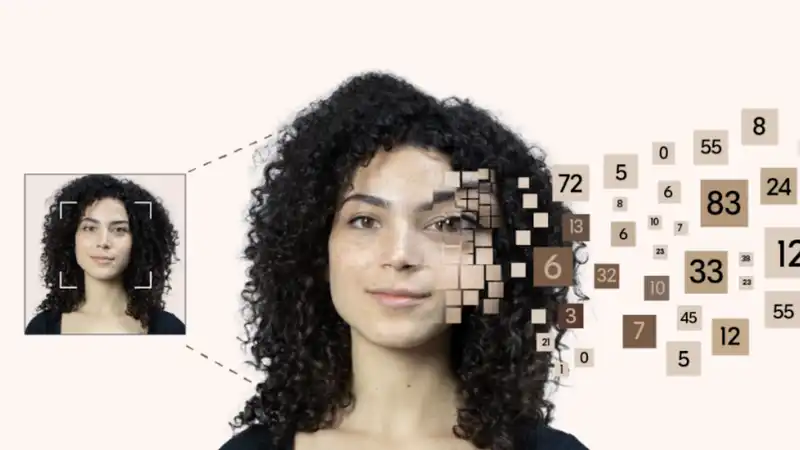In 2023, the Entertainment Software Rating Board, along with digital ID company Yoti and "youth marketing solutions" provider Superawesome, submitted to the FTC a proposal for a new "verifiable parental consent mechanism" called Privacy Face Age Estimation; the FTC has now issued its response to this proposal, and the answer is "no." [The idea of having to submit a selfie to prove to a machine that you are old enough to play "GTA 6" is inherently intrusive, and the question of whether it works well enough to justify the technical bias and headaches it would cause for at least some users This is an issue before we even touch on it.
The ESRB moved quickly to reassure the public that the system is not intended to identify individuals, merely to estimate their age, and that it does not store any data once the analysis is complete. And not to ensure compliance with the ESRB age rating, but rather to require "verifiable parental consent" before a company is allowed to collect or share data from children under the age of 13 (Children's Online Privacy Protection Act: a U.S. privacy law) was intended to comply with. For example, in 2022, Epic Games agreed to pay a $275 million fine for violating COPPA, and in 2023, Microsoft paid a $20 million fine for violations on Xbox Live. So it is understandable that companies would want to find a less labor-intensive system that would at least allow them to say, "We tried." [But so far, the ESRB's proposed solution is different: In a ruling issued on March 29, the FTC said it unanimously rejected the application after receiving more than 350 comments on the proposal. The rejection was not prejudicial, and the ESRB and its officials may resubmit the application in the future.
This reflects the reason for the rejection, not because the FTC is concerned about millions of people submitting selfies to AI-powered machines dedicated to government surveillance, but because it is not clear how (or if) it will work.
In a letter sent to the ESRB group, the FTC noted that Yoti submitted a "facial age estimation model" to the National Institute of Standards and Technology in September 2023, but NIST's evaluation has not yet been received.On March 22, the ESRB requested a 90-day ruling stay until the NIST report is submitted It asked for one, but when there was no indication that the report would be submitted within that time frame, the FTC simply decided to throw it all out.
Frankly, the world would be a better place if this whole idea went away altogether, but that seems unlikely; in its dismissal, the FTC stated that it "takes no position on the merits of this application" and that once NIST's report is complete, "the Commission and the public . at a time when the Commission anticipates that additional information will be available to help the Commission and the public better understand age verification technology and this application," effectively encouraging resubmission.
In a statement provided to PC Gamer, ESRB representatives said they were "disappointed" that the FTC did not issue a "substantive decision" or allow further deferral of the application.
"The ESRB, Yoti, and Kids Web Services (formerly part of Superawesome and now owned by Epic Games following Superawesome's spin-off in September 2023) filed their applications in June 2023, and the Commission has not issued a decision on the applications until the COPPA rules twice extended its decision on the application beyond the 120-day period provided," the official said. "The Commission's letter indicates that as part of its decision-making process, it believes it would be beneficial if the FTC could consider the National Institute of Standards and Technology (NIST) report on facial age estimation models, which is scheduled to be released in April.
"Unfortunately, instead of acceding to our request to defer a decision for another 90 days to give the Commission sufficient time to consider the NIST report, the FTC dismissed the application without prejudice.The FTC has stated in its recent COPPA proposed rule notice (and elsewhere) that the VPC methodology innovations, we expect that in the near future, facial age estimation and other innovative techniques will be deemed COPPA compliant when used to obtain verifiable parental consent."
..

Comments